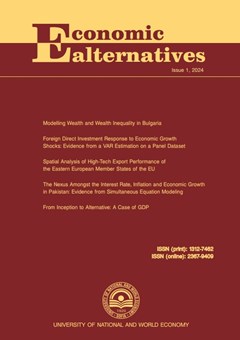The Strategy-Focused Organizations, Twenty Years Later
Author: Michael Musov
Abstract
The traditional view of uncertainty in the business world assumes multiple levels of uncertainty with different implications for the implementation of the organizational strategy. In contrast, contemporary research seems to vindicate the initial binary view of uncertainty – the world is either certain or full of uncertainty – which makes cause-and-effect relationships weaker and the execution of strategy riskier than we usually like to admit. To examine these contrasting views this paper presents the findings of a field study based on the performance of the original strategy-focused organizations over the last twenty years after the seminal Kaplan & Norton’s (2001) book was published. The findings show that half of the strategy-focused organizations, which were examples of best-practices in 2001, some twenty years later did not even match the overall market performance, and half of those organizations that were underperforming lost the total value provided by their shareholders. These findings have important practical implications. They, however, do not imply that the Balanced Scorecard and the strategy map are useless. What these results call for is a genuine recognition of the fundamental role of uncertainty in organizational performance. To this end a few practical tools are proposed to improve the management-accounting systems in place.

